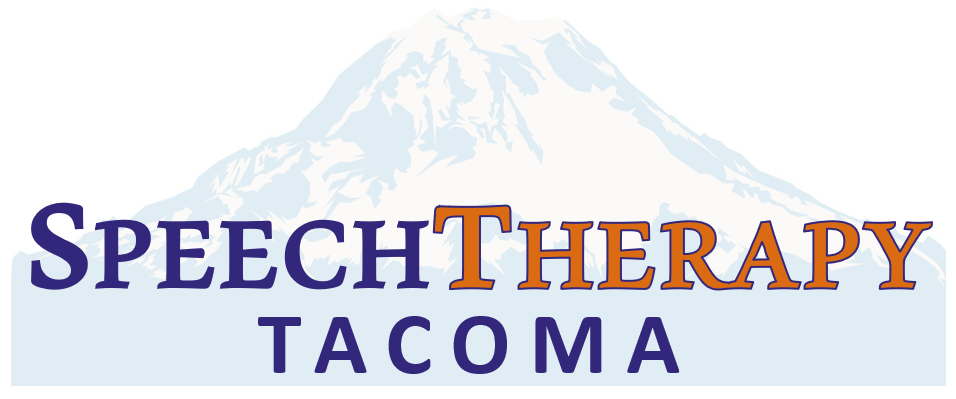What is a Stroke?
Our brains control how we move, feel, think, act, and communicate. The brain must receive blood - which carries oxygen - to function properly. If that blood flow is interrupted - either by a blockage or if a blood vessel breaks - the brain cannot get the oxygen it needs.
This loss of blood flow and the changes it causes in your body is called a STROKE.
There are two types of strokes
Ischemic Stroke (Blood Clot)
Ischemic stroke occurs when a vessel supplying blood to the brain is obstructed. It accounts for about 87% of strokes, according to the US National Institute of Health.
Hemorrhagic Stroke (Bleeding)
Hemorrhagic strokes make up about 13% of stroke cases. It’s caused by a weakened blood vessel that ruptures and bleeds into the surrounding brain. Blood accumulates and compresses the surrounding brain tissue, damaging cells and tissue.
“Mini Stroke” (TIA - Transient Ischemic Attack)
Often called a “mini-stroke”, but it’s really a major warning. TIA is a temporary blockage of blood flow to the brain. Because most TIA symptoms last from only a few minutes up to 24 hours, they are often dismissed and not taken seriously. A TIA is often a sign that another one may follow and you're at a high risk of having a full stroke in the near future.
When you first notice symptoms….
GET HELP IMMEDIATELY!
How do Strokes Affect the Brain?
Strokes can affect any function of the human body, however here we will focus on how a stroke affects speech, language and thinking.
Right and Left Sides of the Brain
The brain is divided into two sides, or hemispheres. Each side stores and processes information differently. The area where a stroke occurs in the brain will have specific effects on the function of the body.
In general, the left hemisphere of the brain is responsible for language and speech.
The right hemisphere plays a large part in interpreting visual information and spatial processing, as well as music and emotion.
How Does Your Brain Heal From a Stroke?
Multiple brain regions are involved in every human function and experience. Strokes damage specific areas of the brain, leaving other areas intact. Every stroke is different and the symptoms of every stroke survivor are unique. Improvements can occur even years after their original brain injury. This recovery is due to a unique characteristic of the brain, known as neuroplasticity.
NEUROPLASTICITY refers to the ability of the brain to rewire or reorganize itself after injury. Neuroplasticity after stroke is one of the most important concepts that every stroke survivor should know about to maximize recovery.
Speech Therapy Tacoma can help
We specialize in working with people who have had strokes. Our services target difficulties with speech and language:
We are located in Fife Heights, between Federal Way and Tacoma.
6310 9th Street CT NE
Tacoma, WA 98422
Phone: 206-512-5800
Fax: 360-326-9577
Contact us
for a FREE phone consult
We will discuss your situation
Get all your questions answered
Plan the next steps
There is NO COST or OBLIGATION
for this initial phone call.

